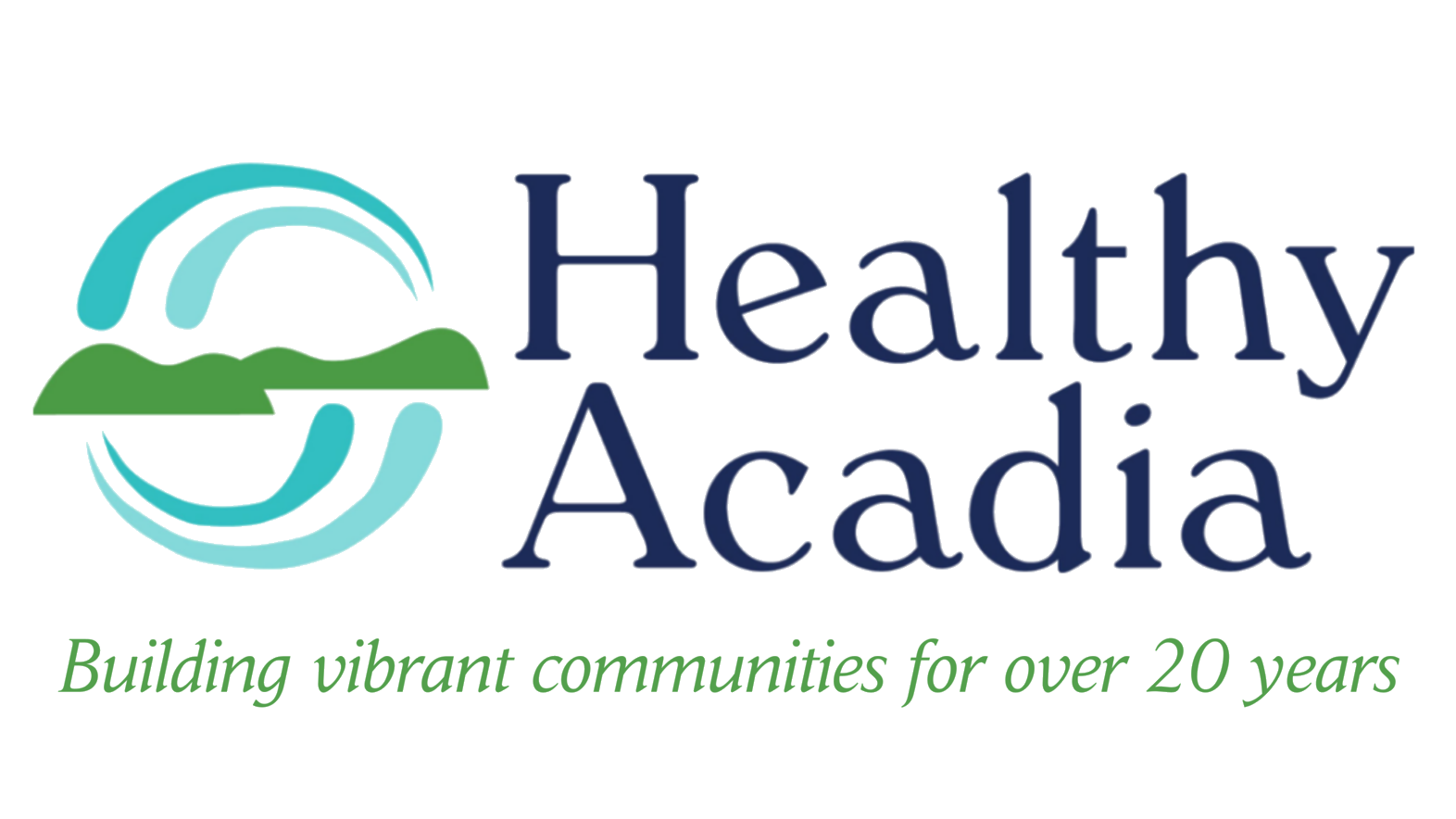COVID-19 News and Updates
Hello all,
Nina Duggan here with the latest COVID-19 news and updates.
This week we will be discussing the impact of misinformation on the COVID-19 pandemic, long COVID and SSDI claims, and a few common questions regarding vaccination.
COVID Communication:
The Impact of COVID-19 Misinformation
Anyone who has followed the news around the COVID-19 pandemic these past years has been witness to the rampant amounts of misinformation spread about the virus. It’s no secret that this misinformation had a large impact on our pandemic response, and continues to do so to this day, but just how heavy that impact has been on the country remains to be seen.
A report recently came out in Canada that gives us a glimpse into the effects of COVID misinformation for one of our closest neighbors, shining a little bit of light on the catastrophic impact of this practice on our public health. It’s important to note that the report examined 9 months of the pandemic (March-November 2021), meaning that more than likely the numbers are underestimated.
The report showed that COVID misinformation in Canada was directly responsible for at least 2,800 deaths, tens of thousands of hospitalizations, and roughly $300 million in hospital costs alone. Furthermore, it contributed to vaccine hesitation for an estimated 2.3 million Canadians.
These numbers are quite sobering and deeply underscore the continued need for science communication and public health programs.
For the full article see Global News “COVID misinformation led to at least 2,80 deaths in Canada, $300M in costs: report”. For more information on why COVID misinformation is so prevalent see The Harvard Gazette's “Why did so many buy COVID misinformation? It works like magic.”
COVID in the News:
State of COVID-19 in Maine
Cases continue to decline across the state, with case numbers declining on average by 35% and test positivity presently at 7.8%. Hospitalizations have decreased by 12%, with ICU admissions remaining at a flat rate.
Long COVID and Social Security Disability: An Evolving Public Health Crisis
Long COVID has already proven to have a severe impact on people’s ability to work. In fact, it’s estimated that so far roughly 683,000 people had to leave the workforce due to long COVID symptoms (as of October 2022). The DHHS estimates that long COVID-19 in the United States has resulted in a loss to annual salaries of $50 billion, with the Brookings Institute estimating a much higher number of $170 billion in revenue lost to the disease.
This is coinciding with pandemic issues and budget cuts at the Social Security Administration, resulting in the lowest staffing levels in 25 years. This directly impacts SSDI claims and people’s decision wait times for disability insurance. The process was already slow, taking months to years and resulting in roughly 10,000 people per year dying while waiting for disability- and that was before the COVID-19 pandemic and the claims associated with the disease.
What’s more, despite the impact of symptoms, long COVID does not always count as a disability, with the onus of proving that it “substantially limits one or more major life activities” falling on the disabled persons. Many applicants have been forced to hire legal representation in order to gain access to disability, with most being denied outright.
Many disability advocates have rightly been calling the pandemic a “mass disabling event”, and are urging people to organize and speak up for those impacted by long COVID. These staggering statistics only highlight the growing crisis, and show the importance of disability advocacy not just for our economy but for our communities as well.
See the full article at CNN Business “Long COVID disabled them. Then they met a ‘broken’ Social Security disability process”
COVID Question: Mixing and Matching COVID-19 Booster Shots
A common question has been whether or not adults and adolescents can mix and match their COVID-19 booster shots. The short answer is, yes, COVID-19 boosters can be obtained from a different manufacturer than your primary series or a previous booster. As it stands, uptake of the bivalent boosters has been quite low across the country, and it is vitally important that those who have not yet gotten the bivalent booster do so as the bivalent booster is needed for adequate protection against the new variants.
See COVID Vax Project Question of the Week
COVID Question: Can Young Children Get the Bivalent Booster
Yes, all people ages 6 months and up can now receive the bivalent booster. Children can receive this vaccine at least 2 months after the completion of their primary series.
See COVID Vax Project Question of the Week
Sign up here to receive Nina’s COVID-19 updates via email.
Follow Healthy Acadia on TikTok (@healthyacadia) for more updates!
If you or anyone you know have questions or concerns about COVID-19 or the available vaccines please call or text our COVID-19 Peer Support Line at 207-271-6023, Monday through Friday, 10 a.m. to 7 p.m.
